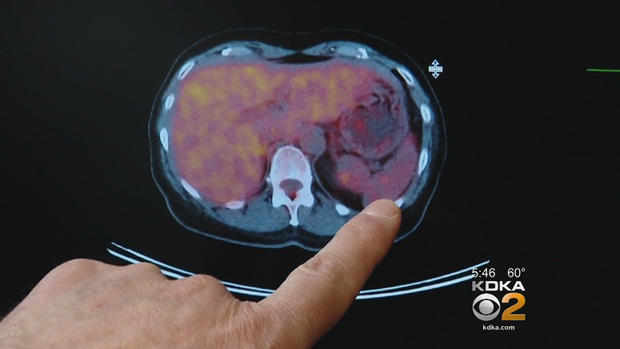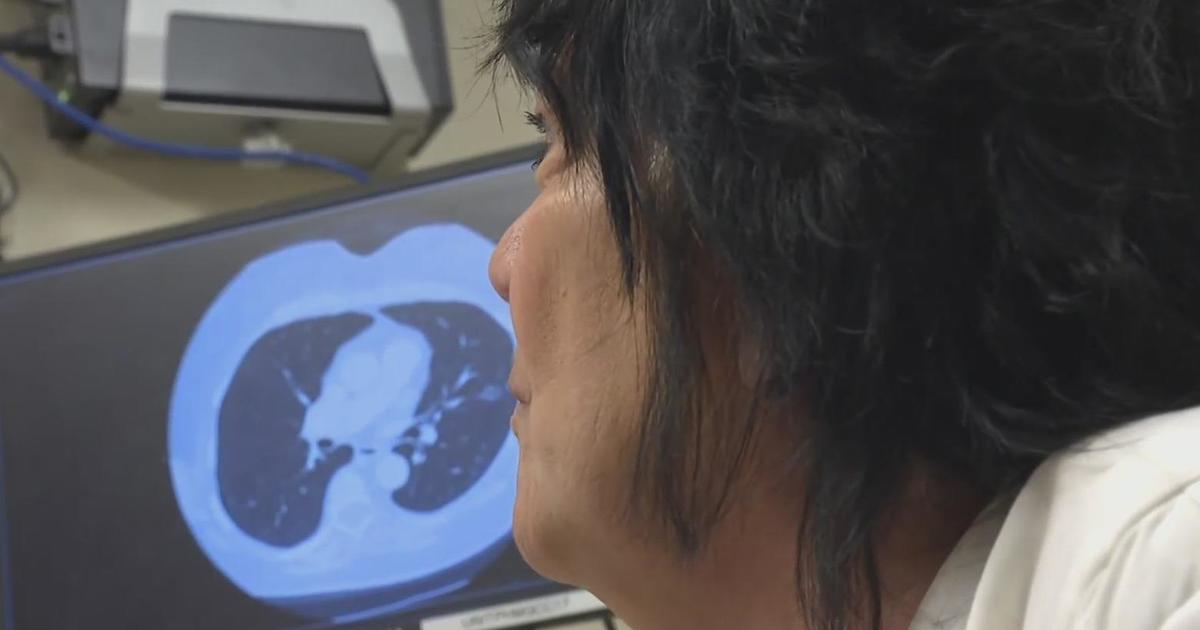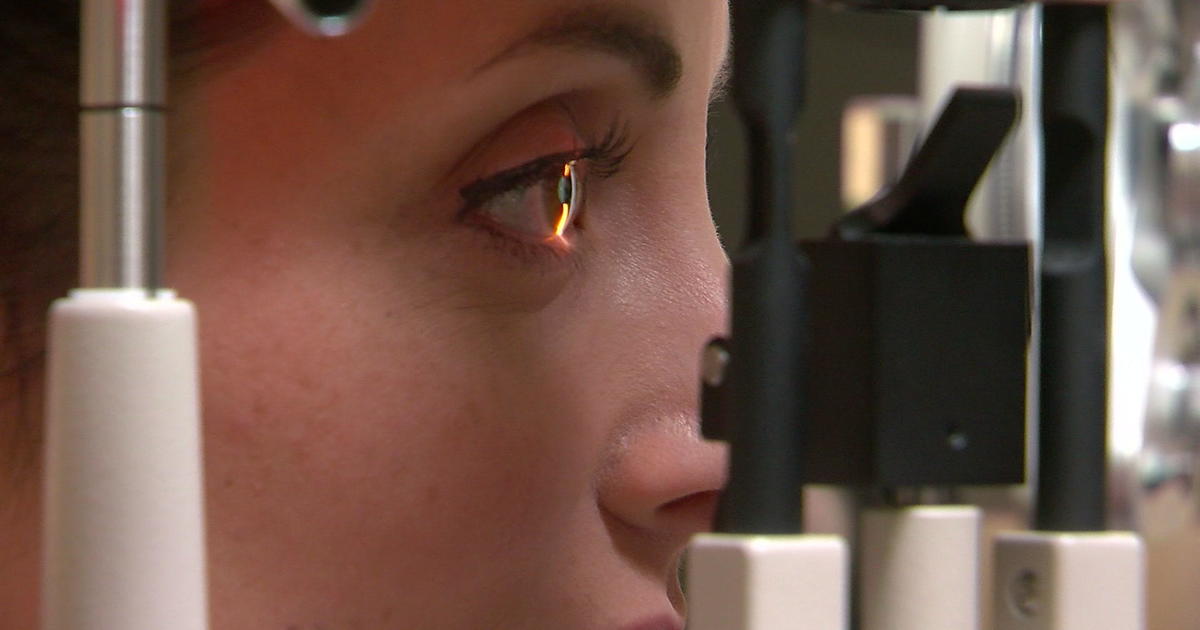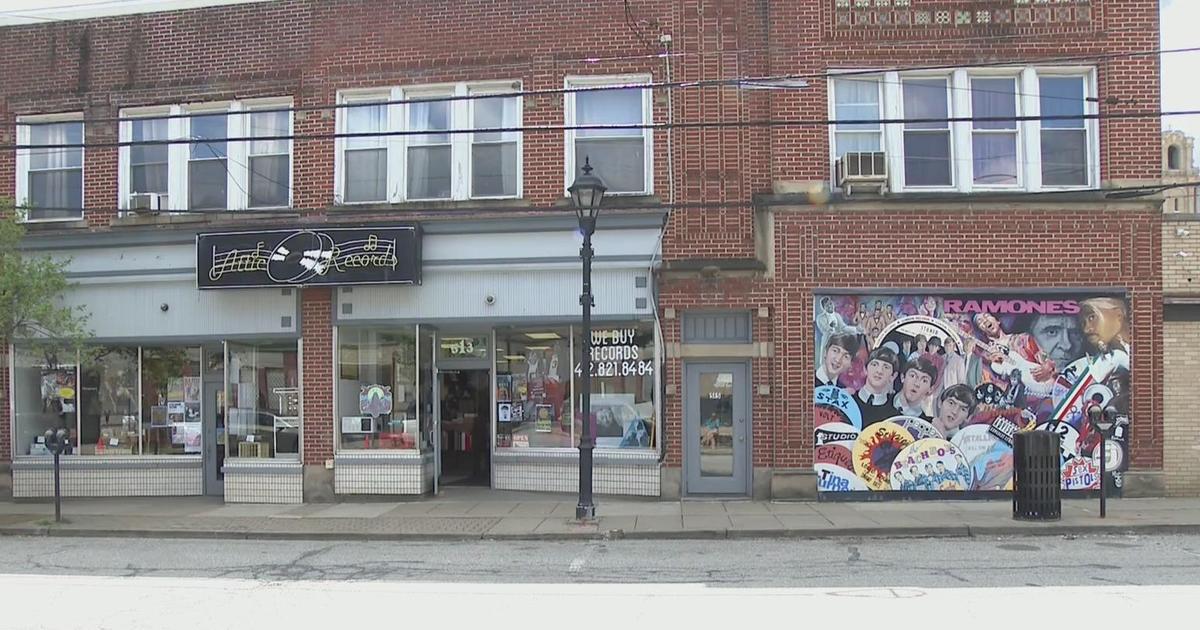Immunotherapy Offering New Approach To Treating Cancer
Follow KDKA-TV: Facebook | Twitter
PITTSBURGH (KDKA) - Marilyn McGuigan had endometrial cancer. She had a hysterectomy, but six months later, the cancer came back and had spread.
"My tumor here was getting bigger," she says. "I had several tumors in my abdomen."
She had chemo and radiation, but didn't tolerate the treatment well -- tiredness, nausea, a life-threatening drop in blood pressure.
Then, a new treatment caught her eye.
"I said, I saw it on television, what about this immunotherapy?" she asked her doctor.
Her doctors said it wasn't approved for her type of cancer, but then everything changed.
"When I go to the hospital, he says, 'I'm going to send your tumor in. The approval just came through.' I'm like, boy is that lucky, or what?" she said.
Traditionally, doctors have looked at where a cancer is coming from -- lung, bowel, uterus, and so on -- to target therapy. But, a new approach has come about in the last few years with medicines called immunotherapy.
These medicines work on proteins that act as brakes on the immune system. This frees up the immune system to fight the cancer.
"And really we need to get away of where did this cancer come from, we want to get to the actual what is going on in the tumor? And, let's treat that patient's specific tumor," says AHN cancer surgeon Dr. Thomas Krivak.
To use these medicines, there must be enough tumor tissue for the lab to test. Not everyone will have the right tumor characteristics, but the idea is to find those few patients who do. They tend to respond dramatically.
"Seven months later, and I don't have it. It's all gone," says Marilyn. "The last PET scan, everything was gone."
The intravenous treatment is every three weeks. First, vitals and bloodwork are checked. Then, the staff prepares each individual's batch of medicine.
"It's set up for your weight, for whatever other drugs you might be on, vitamins and stuff like that, they check everything," Marilyn says.
The IV goes in over 30 minutes.
Though it makes Marilyn a little tired, and she's had a slight rash with the drug, she is tolerating it much better than chemo. And she is thrilled with the results.
"I'm very happy. Very happy that I was very fortunate. Very fortunate to be able to get that drug," she says. "The cancer seems to be gone. I still work part-time. I was thrilled to be able to get out there and ski again. I could golf again."
It has been covered by her insurance, otherwise it would be unaffordable at $100,000 a year.
Because this is new, there is no long-term information on how people do. The big question is when to stop it. The plan right now is to keep it going for at least two years.
"Right now, I have seven months in. We'll just see what happens," Marilym says. "My goal is, every day, I do something fun for myself. I enjoy life. You just have to. I take it one day at a time. And just enjoy my life."




